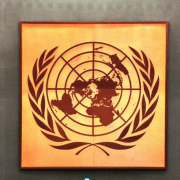Presidents’ Day 2024: Honoring America’s Leaders, Past and Present
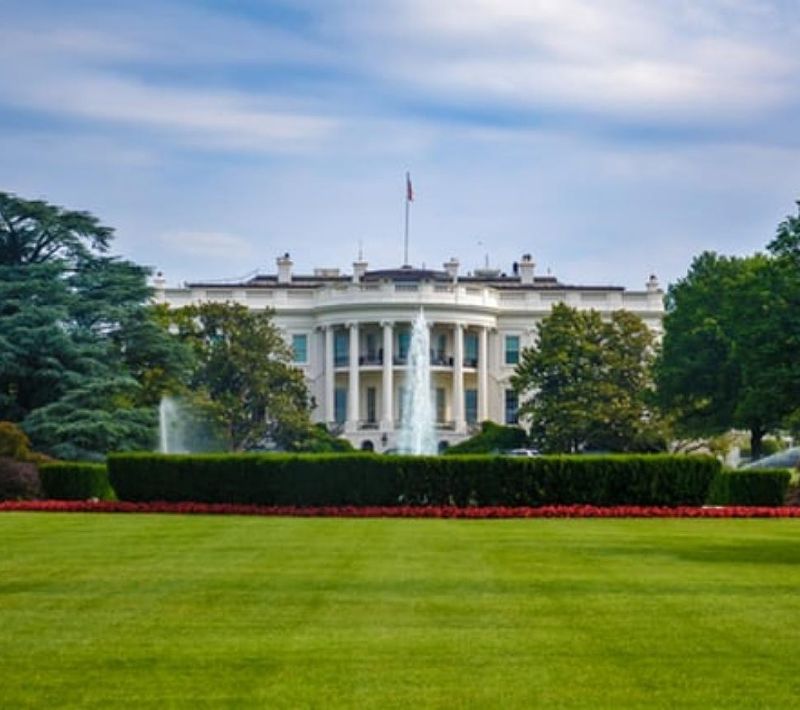
Presidents’ Day, observed on the third Monday of February in the United States, is a holiday with a rich history that goes beyond simply commemorating the birthdays of George Washington and Abraham Lincoln. This year, it falls on 19th of February. Let’s delve into the origins of this significant day and explore its evolution over the years.
Presidents’ Day Facts and History
1. The Birth of Presidents’ Day
In the 1880s, the celebration of George Washington’s birthday, the first president of the United States, began as a federal holiday. This was a fitting tribute to the commander of the Continental Army during the American Revolution and a key figure in the nation’s early history.
2. The Uniform Monday Holiday Bill
Fast forward to 1968, when Congress passed the Uniform Monday Holiday Bill. This legislative move aimed to provide workers with more extended weekends throughout the year by shifting certain federal holidays to Mondays. It was during the debates on this bill that the idea of renaming Washington’s Birthday to Presidents’ Day emerged.
3. A Proposed Name Change
The proposal to rename the holiday aimed to honor both Washington (born on February 22) and Abraham Lincoln (born on February 12). While Lincoln’s birthday was celebrated in many states, it had never been an official federal holiday. Despite considerable discussion, Congress rejected the name change.
4. Presidents’ Day Emerges
With the Uniform Monday Holiday Bill taking effect in 1971, Washington’s Birthday became more commonly known as Presidents’ Day. The proximity of the holiday to Lincoln’s birthday, combined with retailers’ use of the name to promote sales, contributed to the widespread acceptance of this new nomenclature.
5. A Day of Commemoration
Today, Presidents’ Day is more than just a day off from work or a time for retailers to offer discounts. It has evolved into a day of reflection on the leadership and contributions of all U.S. presidents. Public ceremonies are held in Washington, D.C., and across the nation to honor the legacies of those who have guided the country throughout its history.
3 Popular Presidents In American History
America has seen many great presidents. Men like Abraham Lincoln, Thomas Jefferson, Bill Clinton, John Kennedy, and George Bush, in the past but we will only be looking at 3 presidents today. Perhaps it’s because of their popularity before and at this present moment or because they represent the good old days, the past, the present/possible future, I’ll be focusing on these 3 in this article.
They are George Washington, the first American president, Barack Obama the beloved 44th American president who happened to be African-American, and Donald Trump, the 45th president of the United States who was not-so-recently acquitted of the accusations leveled against him by the House.
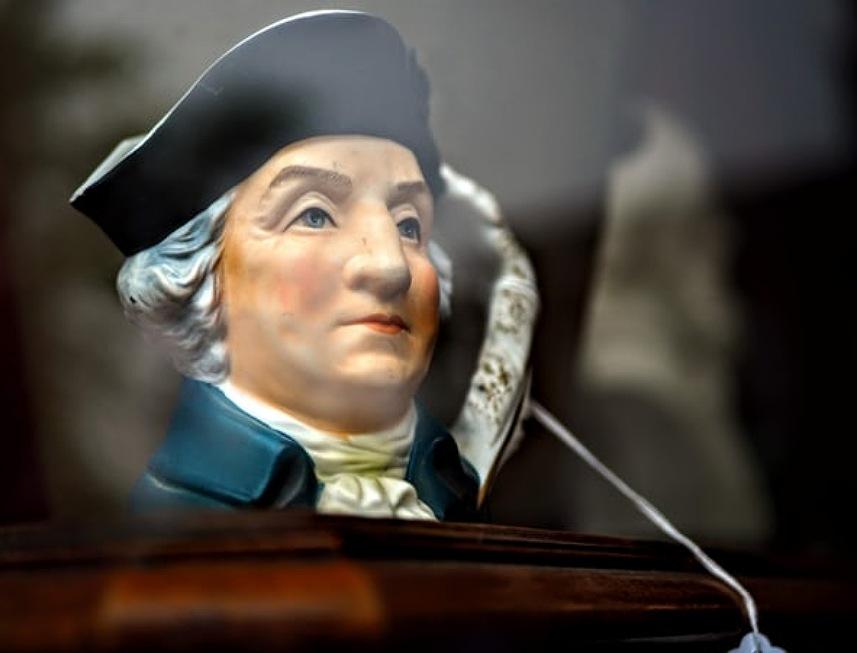
George Washington
According to Wikipedia, George Washington (February 22, 1732[b] – December 14, 1799) was an American political leader, military general, statesman, and Founding Father, who served as the first president of the United States from 1789 to 1797. Previously, he led Patriot forces to victory in the nation’s War for Independence.
He presided at the Constitutional Convention of 1787, which established the U.S. Constitution and a federal government. Washington has been called the “Father of His Country” for his manifold leadership in the formative days of the new nation.
Washington received his initial military training and command with the Virginia Regiment during the French and Indian War. He was later elected to the Virginia House of Burgesses and was named a delegate to the Continental Congress, where he was appointed Commanding General of the Continental Army.
He commanded American forces, allied with France, in the defeat and surrender of the British during the Siege of Yorktown. He resigned his commission after the Treaty of Paris in 1783.
Washington played a key role in adopting and ratifying the Constitution and was then elected president (twice) by the Electoral College. He implemented a strong, well-financed national government while remaining impartial in a fierce rivalry between cabinet members Thomas Jefferson and Alexander Hamilton.
During the French Revolution, he proclaimed a policy of neutrality while sanctioning the Jay Treaty. He set enduring precedents for the office of president, including the title “President of the United States”, and his Farewell Address is widely regarded as a pre-eminent statement on republicanism.
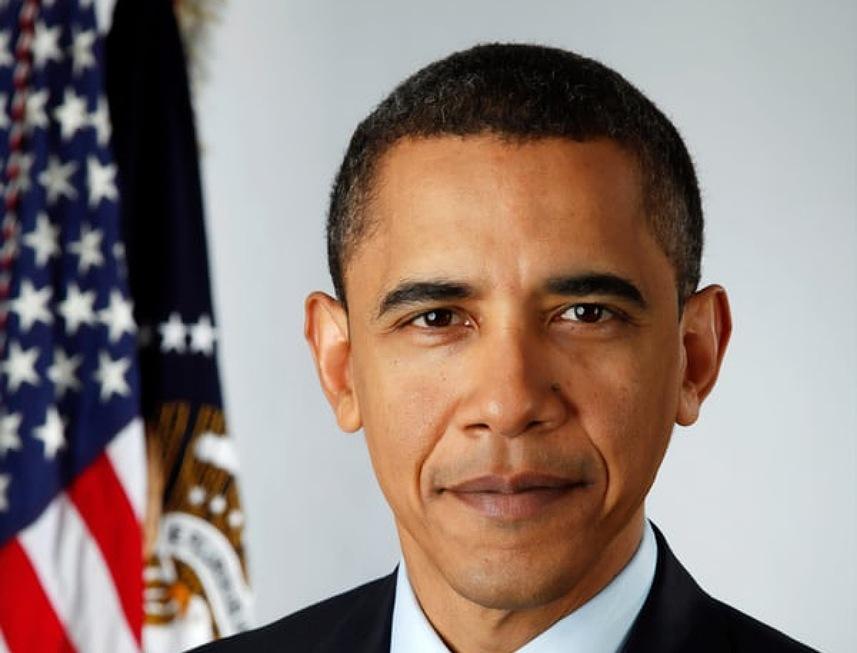
Barack Obama
Barack Hussein Obama II, born August 4, 1961, is an American attorney and politician who served as the 44th president of the United States from 2009 to 2017. A member of the Democratic Party, he was the first African-American president of the United States. He previously served as a U.S. senator from Illinois from 2005 to 2008 and an Illinois state senator from 1997 to 2004.
Obama was born in Honolulu, Hawaii. After graduating from Columbia University in 1983, he worked as a community organizer in Chicago. In 1988, he enrolled in Harvard Law School, where he was the first black person to head the Harvard Law Review. After graduating, he became a civil rights attorney and an academic, teaching constitutional law at the University of Chicago Law School from 1992 to 2004.
Turning to elective politics, he represented the 13th district from 1997 until 2004 in the Illinois Senate, when he ran for the U.S. Senate. Obama received national attention in 2004 with his March Senate-primary win, his well-received July Democratic National Convention keynote address, and his landslide November election to the Senate.
In 2008, he was nominated for president a year after his presidential campaign began, and after close primary campaigns against Hillary Clinton. Obama was elected over Republican John McCain and was inaugurated on January 20, 2009. Nine months later, he was named the 2009 Nobel Peace Prize laureate.
Regarded as a centrist New Democrat, Obama signed many landmark bills into law during his first two years in office. The main reforms that were passed include the Patient Protection and Affordable Care Act (commonly referred to as the “Affordable Care Act” or “Obamacare”), the Dodd–Frank Wall Street Reform and Consumer Protection Act, and the Don’t Ask, Don’t Tell Repeal Act of 2010.
The American Recovery and Reinvestment Act of 2009 and Tax Relief, Unemployment Insurance Reauthorization, and Job Creation Act of 2010 served as economic stimulus amidst the Great Recession. After a lengthy debate over the national debt limit, he signed the Budget Control and the American Taxpayer Relief Acts.
In foreign policy, he increased U.S. troop levels in Afghanistan, reduced nuclear weapons with the United States–Russia New START treaty, and ended military involvement in the Iraq War. He ordered military involvement in Libya, contributing to the overthrow of Muammar Gaddafi. He also ordered the military operations that resulted in the deaths of Osama bin Laden and suspected Yemeni Al-Qaeda operative Anwar al-Awlaki.
Source: Wikipedia
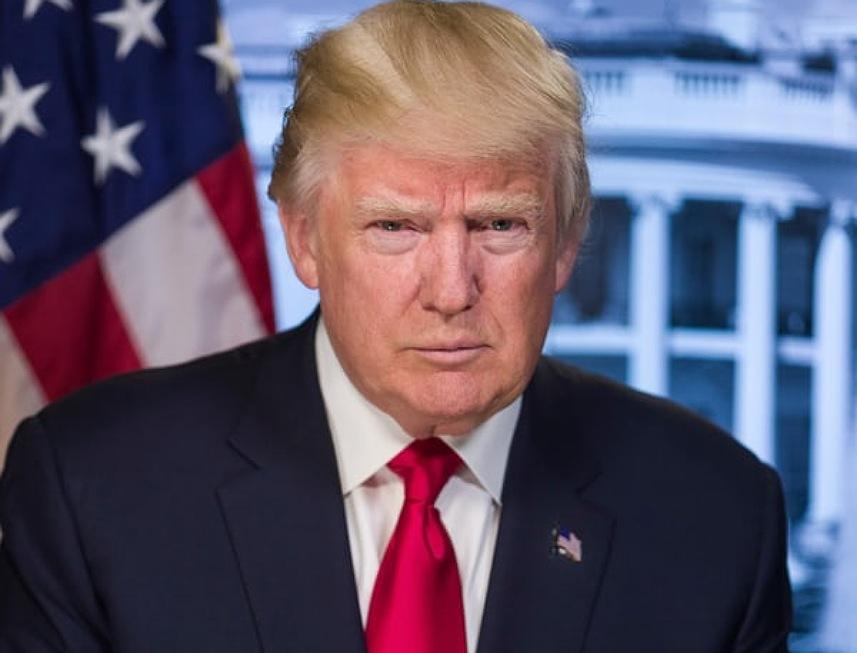
Donald Trump
Donald John Trump (born June 14, 1946) is the 45th president of the United States. Before entering politics, he was a businessman and television personality.
Trump was born and raised in Queens, a borough of New York City, and received a bachelor’s degree in economics from the Wharton School. He took charge of his family’s real-estate business in 1971, renamed it The Trump Organization, and expanded its operations from Queens and Brooklyn into Manhattan.
The company built or renovated skyscrapers, hotels, casinos, and golf courses. Trump later started various side ventures, mostly by licensing his name. He owned the Miss Universe and Miss USA beauty pageants from 1996 to 2015 and produced and hosted The Apprentice, a reality television show, from 2003 to 2015. As of 2019, Forbes estimated his net worth to be $3.1 billion.
Trump entered the 2016 presidential race as a Republican and defeated 16 other candidates in the primaries. His political positions have been described as populist, protectionist, and nationalist. Despite not being favored in most forecasts, he was elected over Democratic nominee Hillary Clinton, although he lost the popular vote. He became the oldest first-term U.S. president,[b] and the first without prior military or government service. His election and policies have sparked numerous protests.
Trump has made many false or misleading statements during his campaign and presidency. The statements have been documented by fact-checkers, and the media have widely described the phenomenon as unprecedented in American politics. Many of his comments and actions have also been characterized as racially charged or racist.
During his presidency, Trump ordered a travel ban on citizens from several Muslim-majority countries, citing security concerns; after legal challenges, the Supreme Court upheld the policy’s third revision. He enacted a tax-cut package for individuals and businesses, rescinding the individual health insurance mandate.
He appointed Neil Gorsuch and Brett Kavanaugh to the Supreme Court. In foreign policy, Trump has pursued an America First agenda, withdrawing the U.S. from the Trans-Pacific Partnership trade negotiations, the Paris Agreement on climate change, and the Iran nuclear deal, eventually increasing tensions with the country. He recognized Jerusalem as the capital of Israel, imposed import tariffs triggering a trade war with China, and attempted negotiations with North Korea toward its denuclearization.
A special counsel investigation led by Robert Mueller found that Trump and his campaign welcomed and encouraged Russian foreign interference in the 2016 presidential election under the belief that it would be politically advantageous, but did not find sufficient evidence to press charges of criminal conspiracy or coordination with Russia. Mueller also investigated Trump for obstruction of justice, and his report neither indicted nor exonerated Trump on that count.
A 2019 House impeachment inquiry found that Trump solicited foreign interference in the 2020 U.S. presidential election from Ukraine to help his re-election bid and then obstructed the inquiry itself. The House impeached Trump on December 18, 2019, for abuse of power and obstruction of Congress. On February 5, 2020, the Senate acquitted him of both charges
Source: Wikipedia

Conclusion
Presidents’ Day, born out of the celebration of George Washington’s birthday, has transformed into a day that recognizes the achievements and leadership of all U.S. presidents. From the above facts, it is obvious that all these presidents have affected America and the American people in their own way. Who you choose to celebrate is a personal choice but it is important to know that Presidents’ day is a day to celebrate great presidents and their great accomplishments. A chance for the American people to reflect on their past, their present and the future they want for themselves.
As we enjoy the long week and take advantage of sales, let’s also take a moment to reflect on the rich history and enduring impact of these remarkable leaders who have shaped the nation. Happy President’s day!
All images are sourced from unsplash
She's a beauty and an exquisite lady who enjoys the high life in writing and poetry. Her writing style and prowess is innovative and focuses on the feminine perspective, bringing nothing but wholesome gratification to the African, Afrocentric and Afro-American women at large

